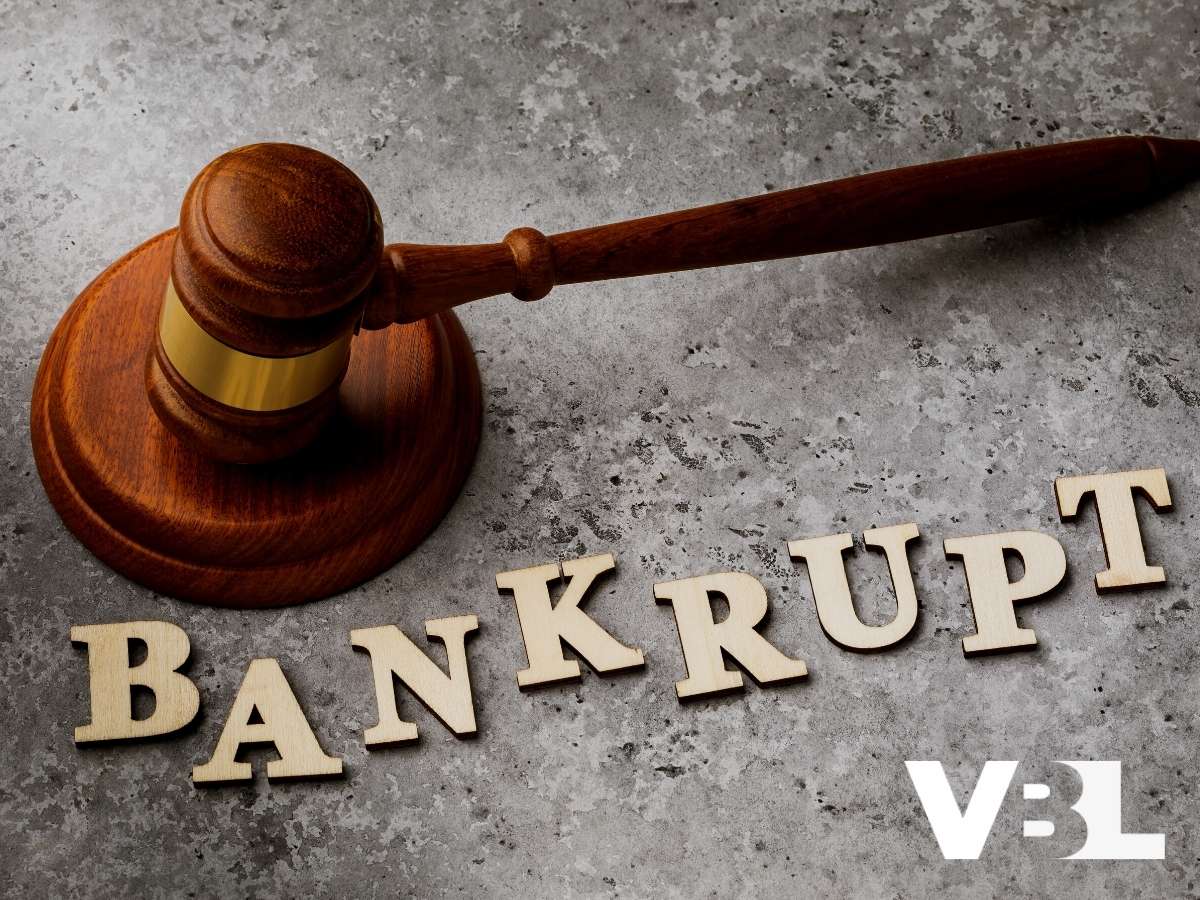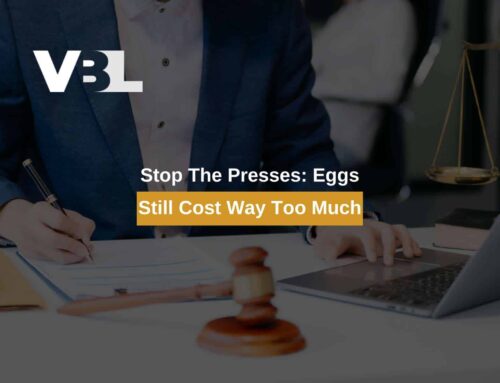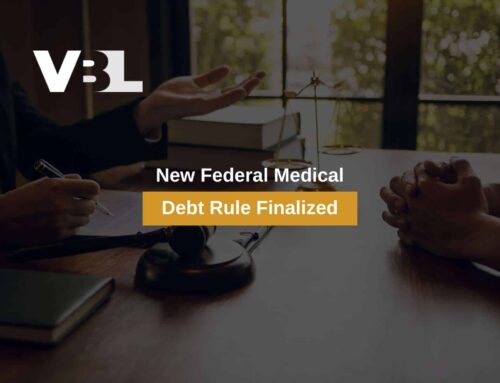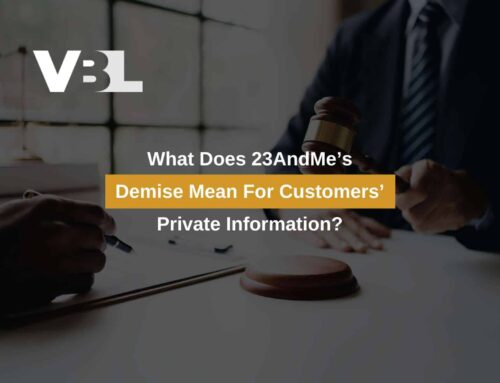Your Tax Refund & Filing Bankruptcy In Nevada
Is My Tax Refund Going To Be Protected If I File For Bankruptcy?
If you’re considering declaring bankruptcy in Nevada, there’s a chance you already know that you might not be able to keep all of your assets in certain filings. When you file your bankruptcy petition, a court-appointed attorney known as a trustee begins overseeing your case. Depending on your situation, your trustee may be entitled to seize your assets to sell for your creditors’ benefit, or take away certain payments you expect to receive in the future. During this time of year, the most relevant of these is tax refunds. If you’re wondering whether your tax refund will be protected if you file bankruptcy in Nevada, read on – for more information, call or use our online form to schedule your free consultation.

Chapter 7 Or Chapter 13- Making The First Decision Of The Bankruptcy Process
Figuring out which chapter of bankruptcy you plan to use is important for several reasons, one of them being to determine what might happen with your tax refund in a bankruptcy filing. Most people will qualify for one or both of Chapter 7 and Chapter 13. Chapter 7 clears away unsecured debts. however, Chapter 13 is a payment plan that can help you pay off debts that can’t be discharged in Chapter 7. Also, Ch 13 possibly discharges unsecured debts at the end of your payment plan. Thus, Chapter 7 is only available if you meet certain income restrictions. Whereas, Chapter 13 is only available if you have sufficient income to pay off a minimum amount of debts in your plan.
The primary way to qualify for Chapter 7 bankruptcy is to compare your income to Nevada’s median income for your household size. For cases filed before 4/1/22, the median income for an individual in Nevada is $54,394. After 4/1/22, this will increase to $56,949. For more information about additional household members for cases filed before 4/1/22, you can compare your income to the table found at Justice.gov – Census Bureau Median Family Income By Family Size.
For the same information for cases filed on or after 4/1/22, compare your income to the information found at Justice.gov – Census Bureau Median Family Income By Family Size.
Median Income in Nevada and chapter 7 Bankruptcy
If your income exceeds the Nevada median, you may still qualify for Chapter 7 using the means test. This test is used to determine if you have enough disposable monthly income to make significant payments on your debts. If it doesn’t qualify you for Chapter 7, the number you find will be used to calculate how much your plan payments would be in a Chapter 13 bankruptcy. Your payment plan will last 5 years if you are filing Chapter 13 because you can’t qualify for Chapter 7. If your income is below Nevada’s median annual income but you are filing Chapter 13 for its benefits, your payment plan will last 3 years.
You may have reasons for filing Chapter 13, even if you are eligible to file Chapter 7. Chapter 13 gives you time and protection to catch up on payments on financed assets you want to keep, like your house or vehicle. If you are underwater on your home and have secondary mortgages, Chapter 13 provides an opportunity to discharge those debts. Chapter 13 can also help you make progress on nondischargeable debts like domestic obligations and student debt. For more assistance determining your eligibility and which chapter will serve you best, contact our office for your free consultation.
Is My Tax Refund Protected In Chapter 7 Bankruptcy?
Chapter 7 bankruptcy offers immense benefits, but it doesn’t come without its drawbacks. When you file Chapter 7 bankruptcy, any of your assets that aren’t protected by bankruptcy exemptions can be taken by your trustee. Your trustee will sell the asset to distribute among your creditors, or simply cash it if it is a check. And even if you haven’t received it yet, your potential tax refund can count as an asset for bankruptcy purposes.
There are several categories of bankruptcy exemptions, although there is no specific exemption dedicated to tax refunds in Nevada. Nevada’s bankruptcy exemptions are relatively high in comparison to some states – for example, the homestead exemption in Nevada is $605,000, and the motor vehicle exemption is $15,000. These represent how much equity you can hold in an asset, rather than its market value.
Nevada’s Wild Card Exemption in Bankruptcy
Additionally, if you can protect all of your most valuable possessions with available exemptions, you may still have Nevada’s wildcard exemption available for use. This is a $10,000 exemption that can be used on any one asset of your choosing. Plus, you can use this exemption if you expect your tax refund to be less than $10,000, or at least protect $10,000 of it if you expect more. Keep in mind that you can’t apply part of the wildcard exemption to one asset and use the rest to protect your tax refund.
If you have another asset you’d like to protect with the wildcard exemption, your tax refund may still be partially or fully safe from the bankruptcy trustee. Also, your trustee has the right to the refund for the tax year in which your bankruptcy was filed. It will also depend on the month in which your bankruptcy was filed. For example, your trustee would be entitled to 2/12 of your return if you file in February, or 7/12 of your return if you file in July.
What Happens To My Tax Refund In a Chapter 13 Bankruptcy?
Your Tax Refund and Chapter 13 Bankruptcy in Nevada
The other way to excuse your tax refunds in a Chapter 13 bankruptcy is by including it in your original plan proposal. This method tends to be less successful than modifying to excuse the tax refund each year. It will only be approved if you can provide a compelling reason and you limit the amount you can keep each year.
Filing a Chapter 13 bankruptcy in Henderson or Las Vegas, Nevada is not as easy as you may have been told. Therefore, seeking the assistance of a Las Vegas Bankruptcy Lawyer or Henderson Bankruptcy Attorneys is recommended. With free initial consults, our Vegas BK Lawyers are a safe play.
Get Your Ideal Bankruptcy Results With Our Nevada Bankruptcy Team
Bankruptcy is stressful, and protecting your tax refund is one of just several things that can make it even more complicated. Our Nevada bankruptcy lawyers have the experience necessary to help you protect your tax refund, as well as the rest of your financial interests. And to make this type of quality legal representation more affordable, we offer post-filing payment plans – meaning they start after your case has been filed, rather than requiring payment in full before your case can be filed like other firms – that start as low as zero dollars down for eligible clients. Call or use our online form to request your free consultation to learn more. Click for additional information on Filing Bankruptcy in Nevada with $0 down.
Additional Bankruptcy Information:

Las Vegas Bankruptcy Lawyers
LAS VEGAS BANKRUPTCY LAW OFFICE
7251 W Lake Mead BLVD #300
Las Vegas, NV89128
Office: 702-879-2499
Email: [email protected]
HENDERSON BANKRUPTCY LAW OFFICE
1489 W Warm Springs Rd. Ste 110
Henderson, NV 89014
Email: [email protected]
















